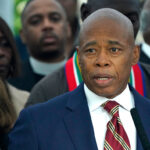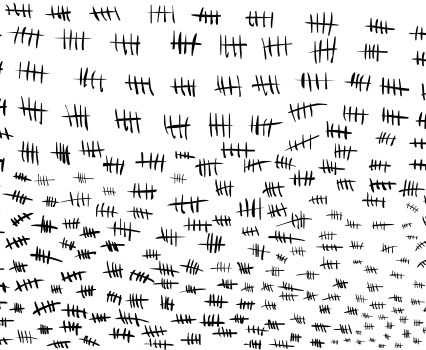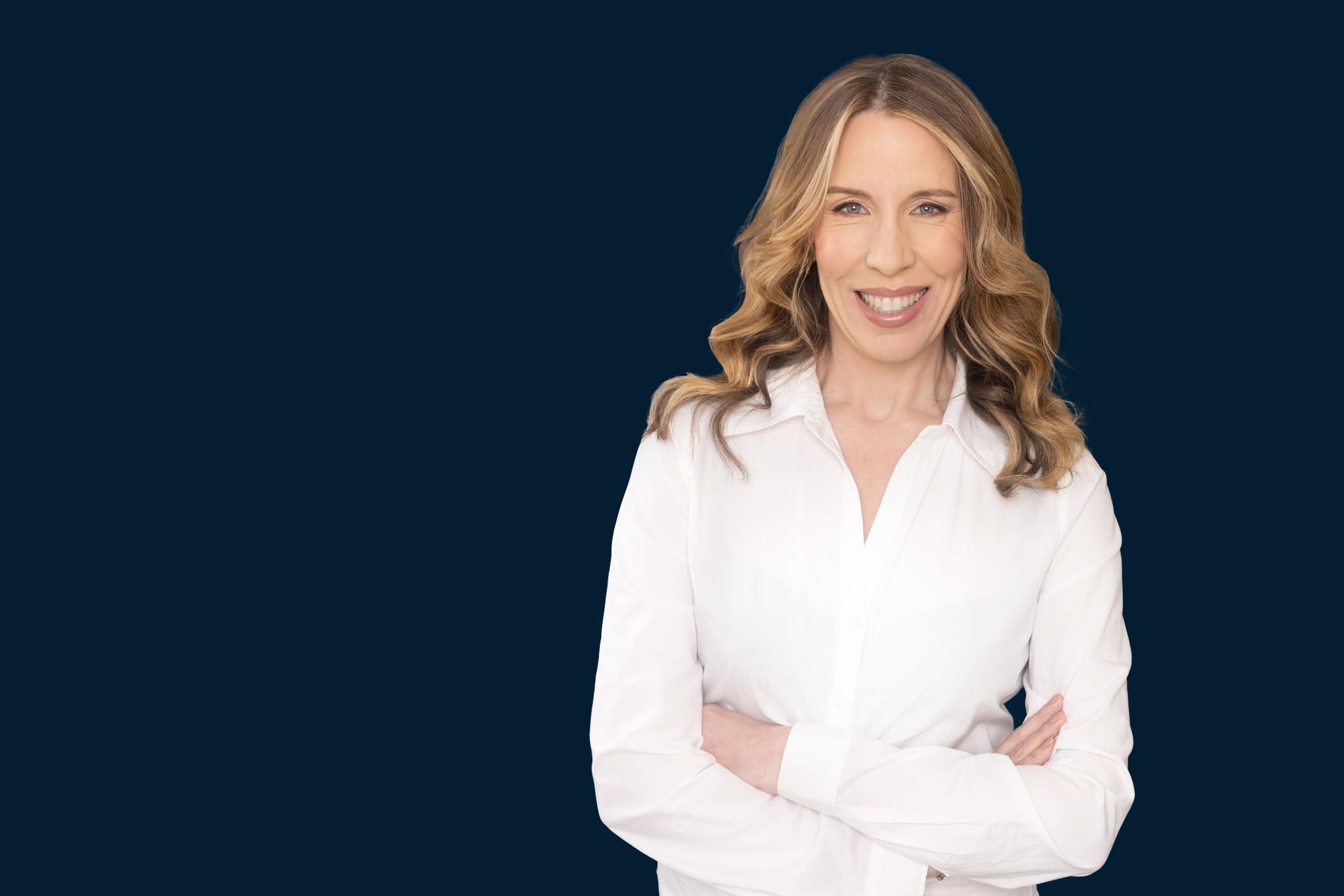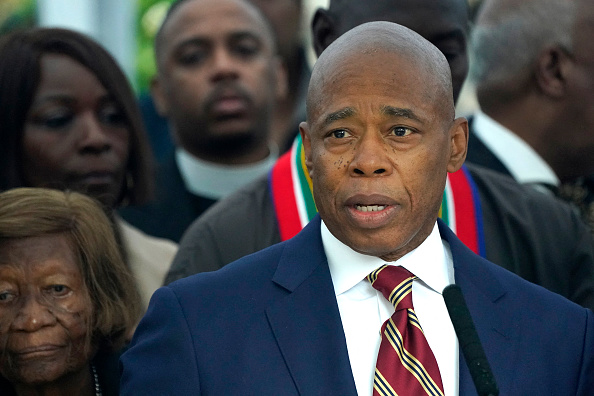To print this article, all you need is to be registered or login on Mondaq.com.
In the 2024 federal budget released on April 16, the federal
government stated its intention to explore new measures to expand
access to alternative financing products, like halal mortgages to
promote homeownership for Canadians. Consultations with financial
services providers and diverse communities have begun so that the
government can better understand what federal policies may be put
in place to better support the unique needs of all Canadians
seeking to become homeowners.
What you need to know
- Permitting new financing arrangements, like non-interest based
home mortgage products that are also compatible with the Muslim
faith (halal mortgages), would allow many Muslim Canadians to also
purchase and finance a home. - These products could also be made available and utilized by
non-Muslim Canadians who would find the terms attractive like any
other financial products. - New measures could include a regulatory sandbox for financial
services providers, as these finance arrangements raise tax and
consumer protection issues for all lenders, mortgage guideline and
other risk issues for federally regulated financial
institutions. - Halal mortgages, while consistent with Islamic financing
principles, would ultimately be subject to Canadian law like any
other financial product or service.
Background and types of halal mortgages
Islamic finance is based on financing principles that prohibit
interest (riba), speculation (maisir), and uncertainty (gharar). It
emphasizes risk-sharing, mutual cooperation, and avoiding unjust
enrichment or unfair exploitation. Money is seen as a means of
exchange, not a commodity itself from which to generate profit, and
transactions must be founded upon tangible assets or services. A
halal mortgage would allow Muslim Canadians to purchase and finance
a home while complying with their faith.
Islamic financing is growing and facilities have been offered
for many years in countries with large Muslim populations. In 2019,
Islamic finance assets were estimated to total US $2.8 trillion,
spread across over 80 countries1. Over the last ten
years, Islamic finance has grown at a yearly pace of 10%–12%.
According to Arab News’ 2019 State of Global Islamic Economy
report, the total Islamic finance assets are estimated to grow to
$3.5 trillion this year2. The majority of these assets
are concentrated in the Middle East and North Africa, which are
home to 190 Islamic banks3. The United Kingdom is the
biggest centre for Shariah-compliant financing in the western
world, and also has the world’s first actively managed equity
Shariah-compliant exchange-traded fund (ETF) that was launched in
September 20204. There are five licensed Islamic banks
in the United Kingdom, and over 20 conventional banks that offer
Islamic finance products. Other European countries including
Luxembourg, Germany, Switzerland and France are also entering the
market5.
In halal mortgages, homeowners still make payments toward the
purchase of their home like with a conventional mortgage—but
the structure of the mortgage is different. There are three
structures that are most commonly used:
- Declining balance partnership (Musharaka): In
this structure, registered ownership of the home is with the
borrower, but the beneficial ownership of the home is a partnership
or co-ownership between the lender and the borrower. Each partner
or co-owner contributes capital and shares profits and losses
according to their equity interest. The payments are a combination
of 1) rent for the portion of the home owned by the bank, and 2) a
home equity purchase payment. Over time, the proportion of the
property owned by the borrower increases, until the borrower owns
the entire interest in the home at the end of the term. - Rent-to-own (Ijara): A rent-to-own arrangement
where the bank acquires the home and leases it back to the
borrower. The borrower gradually acquires ownership of the home
through periodic lease payments, which are a combination of rent,
repayment of principal, and profit for the bank. At the end of the
term, the entire ownership in the home is transferred to the
borrower. - Sale at a mark-up (Murabaha): A cost-plus
financing arrangement where the bank purchases the home and
immediately sells it to the borrower at a markup, with payments
made in installments.
Opportunities
While there are some financial institutions in Canada offering
mortgages and other financial products that are compliant with
Islamic law, they are not currently offered by Canada’s
“big five” banks. The opportunities available are
sizeable—there are more than two billion Muslims around the
world, and according to the 2021 Canadian census, Muslims make up
almost 5% of the total Canadian population.
Current challenges in implementing halal mortgages in
Canada
The market for Islamic finance is less developed in Canada than
it is in other parts of the world, and finding halal financing for
Muslims in Canada has been difficult. Because few institutions
offer halal mortgages in Canada, costs for customers have been
higher or many of these Canadian families have been shut out of
home ownership altogether.
Institutions in Canada must also navigate a complex matrix of
federal and provincial legislation to determine compliance with
applicable laws while ensuring that they are consistent with
Islamic financing principles. In the absence of targeted
legislation, it is challenging to ensure such financing options
comply with tax, consumer protection and mortgage laws.
Additionally, federally regulated financial institutions face
uncertainty around mortgage guideline and other risk
requirements.
What’s next
Government consultations with financial services providers and
diverse communities began in March 2024. New measures could include
changes in the tax treatment of these products or a new regulatory
sandbox for financial service providers, while ensuring adequate
consumer protections are in place. The government has indicated
that it will provide a further update in the 2024 Fall Economic
Statement.
Footnotes
1. https://www.bnymellon.com/us/en/insights/all-insights/the-growing-global-appeal-of-islamic-finance.html.
2. https://gfmag.com/banking/islamic-finance-just-muslim-majority-nations.
3. Ibid.
4. https://www.bnymellon.com/us/en/insights/all-insights/the-growing-global-appeal-of-islamic-finance.html.
5. Supra.
The content of this article is intended to provide a general
guide to the subject matter. Specialist advice should be sought
about your specific circumstances.
POPULAR ARTICLES ON: Finance and Banking from Canada
#Budget #Halal #Mortgages #Islamic #Finance











